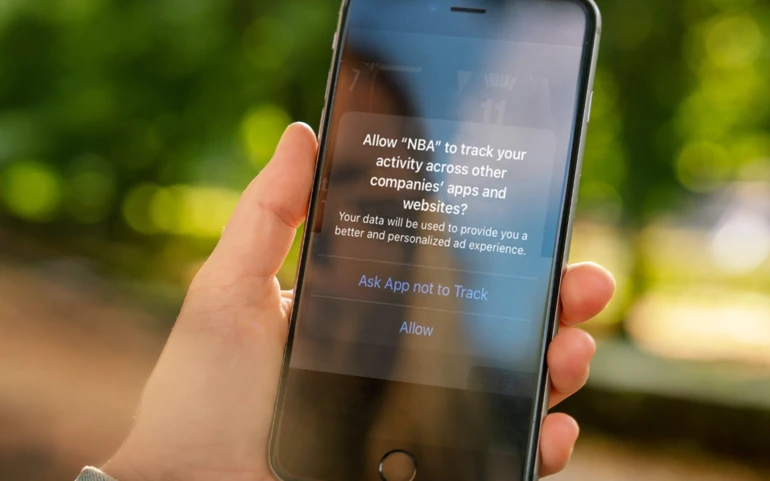
European consumers expect to receive the “VIP” treatment when it comes to marketing and interactions they have with brands, yet they remain concerned about the sharing, use, and protection of their personal data.
These trends are gleaned from the fourth annual State of Personalisation Report from Twilio, the customer engagement platform that drives real-time, personalised experiences for today’s leading brands.
With data being an enabler of personalisation and enhanced communications between brands and customers, the 2023 report highlights a “Catch 22”, or disconnect, when it comes to brands using data to power customer interactions.
Sam Richardson, customer engagement consultant at Twilio comments: “With an oversaturation of brands all vying for consumers’ attention, data-led personalisation is a non-negotiable for organisations looking to cut through, and is increasingly something consumers have come to expect.
"But they need to make sure they are using consensually-collected first-party data to build trust with consumers. Insights can be transformed into relevant communications and can power timely, personalised engagements that respect customer boundaries.”
Data distrust
Despite the customer benefits of data sharing, there’s some scepticism among consumers with how brands are using their data.
According to Twilio’s report, over a fifth (22%) of European consumers are less comfortable about their personal data being used for personalisation purposes compared to last year. This year-on-year decline in confidence shows how important it is for brands to be transparent with when, how and why they are collecting data, and be clearer on how customers can reap the rewards of sharing it in the first place.
There is also a pressing need for brands to disclose how they manage, store, and secure customer data, given that not even half of consumers (49%) in Europe trust brands to keep their personal data secure and use it responsibly. Having a robust and accessible data privacy and protection strategy will help offset any negative perceptions of brands that consumers have when it comes to their data.
Overcoming the hurdles
Reassuring customers is all about transparency and giving customers autonomy; they like to know they’re in the driver’s seat. Business can rebuild consumers’ trust in data-exchange, by taking the following steps:
Emphasise the value exchange
Data collection isn’t solely beneficial for businesses; there are real gains to be made for consumers too. Make sure to communicate the personalisation and CX benefits, and emphasise the interdependent relationship between data and personalisation as an enabler of that.
Be transparent
Part of communicating that value is also being honest with how data will be used and disclosing when you are collecting it. That way consumers won’t feel deceived.
Prioritise data privacy, protection and ethics
Having robust strategies, processes, and credentials in place to securely manage and store swathes of customer data is essential. Ensure this is front and centre for consumers to access.
Give consumers autonomy and honour customer preferences
Ensure opting out of data sharing practices is an easily accessible option to give customers that much-desired control of their information.
Don’t overdo it
Only retrieve the data you truly need. Gathering excess data not only creates unnecessary volumes of data to process and interpret, but means there’s more data for businesses to protect too.

